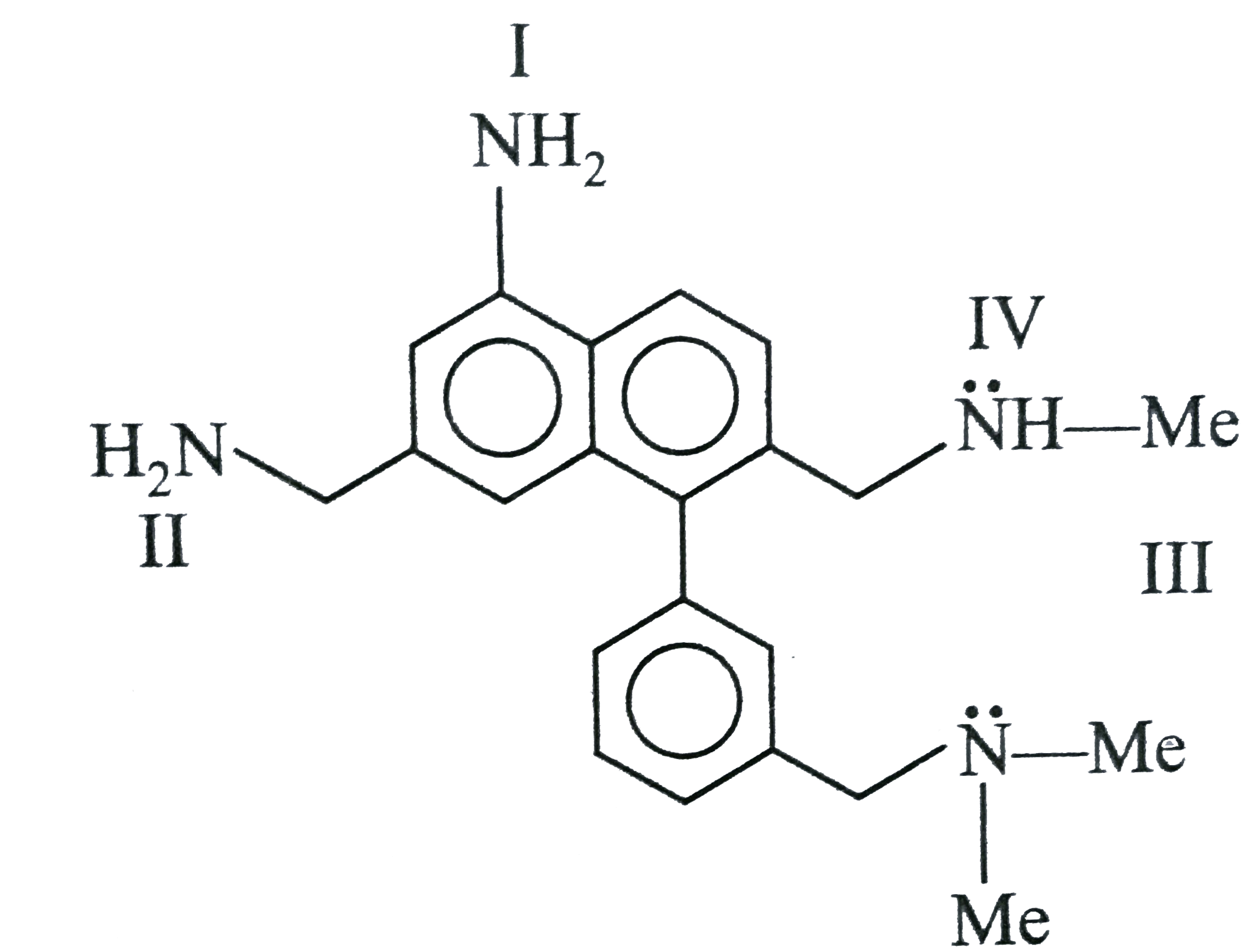A
B
C
D
Text Solution
Verified by Experts
The correct Answer is:
Topper's Solved these Questions
ORGANIC COMPOUNDS CONTAINING NITROGEN
A2Z|Exercise Nitrocyanide And Isocyanides|32 VideosORGANIC COMPOUNDS CONTAINING NITROGEN
A2Z|Exercise Section B - Assertion Reasoning|11 VideosORGANIC COMPOUNDS CONTAINING NITROGEN
A2Z|Exercise Section D - Chapter End Test|30 VideosORGANIC COMPOUNDS CONTAINING HALOGENS
A2Z|Exercise Section D - Chapter End Test|30 VideosP BLOCK ELEMENTS ( GROUP 15,16,17,18)
A2Z|Exercise Section D - Chapter End Test|30 Videos
Similar Questions
Explore conceptually related problems
A2Z-ORGANIC COMPOUNDS CONTAINING NITROGEN-Aromatic Amines And Diazonium Salts
- Which of the following position of the given compound is most activate...
Text Solution
|
- Aniline is usually purified by
Text Solution
|
- This is called
Text Solution
|
- Nitrosobenzene can be prepared from aniline and which of the following
Text Solution
|
- Nitrosobenzene can be prepared by oxidizing aniline from
Text Solution
|
- Product formed in the given reaction is
Text Solution
|
- The rate of Hofmann degradation is influenced by the nature of substit...
Text Solution
|
- When aniline reacts with NaNO2 and dil. HCl at 0^@-%^2C, the product f...
Text Solution
|
- In acid medium nitrobenzene is reduced to aniline as shown in the reac...
Text Solution
|
- In which of the following compounds is there the least delocalization ...
Text Solution
|
- The product is
Text Solution
|
- Select the basic strenght order of following molecules.
Text Solution
|
- C6H5NH2underset(0-^@)overset((NaNO2)/(HCl))toXunderset(CH2)overset(HNO...
Text Solution
|
- Which of the following will accept H^(+) ion with a fastest rate?
Text Solution
|
- Rank the following compounds in order of increasing basicity (weakest ...
Text Solution
|
- Which of the following represents a resonance form of the intermediate...
Text Solution
|
- Azo-dyes are prepared from:
Text Solution
|
- Product C is
Text Solution
|
- Aromatic nitriles (ArCN) are not prepared by reaction .
Text Solution
|
- Oil of mirbane is
Text Solution
|

